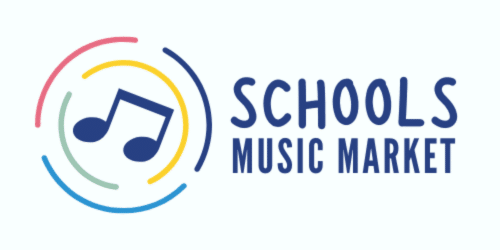Effective music rehearsals are crucial for the success of any ensemble, whether it’s a school choir, band, orchestra, or a small chamber group. The goal is to maximize the productivity of rehearsal time, improve the ensemble’s performance, and enhance individual musicians’ skills. Here are strategic insights and practices for conducting music rehearsals that are both efficient and engaging.
Planning and Preparation
1. Detailed Rehearsal Plan: Before each rehearsal, prepare a detailed plan outlining specific goals, pieces, and sections to be worked on. Include warm-up exercises, technical drills, and sections of pieces that need attention. A clear plan helps maintain focus and ensures that rehearsal time is used efficiently.
2. Distribute Music in Advance: Whenever possible, provide ensemble members with the music ahead of time. Encourage them to familiarize themselves with the pieces and practice difficult sections individually. This preparation allows for more productive group rehearsals.
3. Set Clear Objectives: Communicate the goals for each rehearsal at the beginning of the session. Whether it’s to refine dynamics in a particular piece, improve intonation, or master transitions between sections, setting clear objectives gives musicians a sense of purpose and direction.
During Rehearsal
4. Effective Time Management: Stick to your rehearsal plan as closely as possible, but be flexible enough to address unexpected issues or opportunities for teaching. Allocate time wisely, spending more on challenging sections without neglecting overall run-throughs of pieces.
5. Engage and Motivate: Keep the rehearsal atmosphere positive and encouraging. Use constructive feedback and recognize the ensemble’s achievements. Motivation can be enhanced by setting and celebrating small milestones throughout the rehearsal process.
6. Focus on Active Listening: Teach ensemble members to listen to each other, not just themselves. Active listening exercises, such as playing sections a cappella or with minimal conducting, can help musicians become more attuned to the ensemble’s overall sound.
7. Incorporate Technology: Utilize metronomes, tuners, and recording devices during rehearsals. Recording rehearsals and playing them back can provide valuable feedback to the ensemble, highlighting areas that need improvement.
Individual and Sectional Attention
8. Sectional Rehearsals: Organize separate rehearsals for different sections (e.g., woodwinds, brass, strings in an orchestra) to focus on specific challenges. This allows for more targeted instruction and can significantly improve the ensemble’s overall performance.
9. Individual Feedback: Offer individual feedback to musicians, either during breaks, after rehearsal, or in separate sessions. Personalized attention can address specific technical issues and encourage individual improvement.
Post-Rehearsal
10. Reflect and Evaluate: After each rehearsal, take some time to reflect on what was accomplished and what could be improved. Consider soliciting feedback from ensemble members to gain different perspectives.
11. Follow-Up Communication: Communicate with the ensemble after rehearsal, providing a summary of what was covered, highlighting achievements, and outlining what needs to be practiced individually before the next session.
12. Continuous Learning: Stay informed about effective rehearsal techniques and strategies. Attend workshops, read professional literature, and engage with other music educators to continuously improve your rehearsal methodology.
Conclusion
Conducting effective music rehearsals requires meticulous planning, clear communication, and a positive, engaging approach. By setting clear objectives, managing time efficiently, and focusing on both group and individual improvement, music educators can lead their ensembles to achieve their full potential. Remember, the ultimate goal is to foster a collaborative and supportive environment where every musician feels valued and motivated to contribute to the ensemble’s success.
